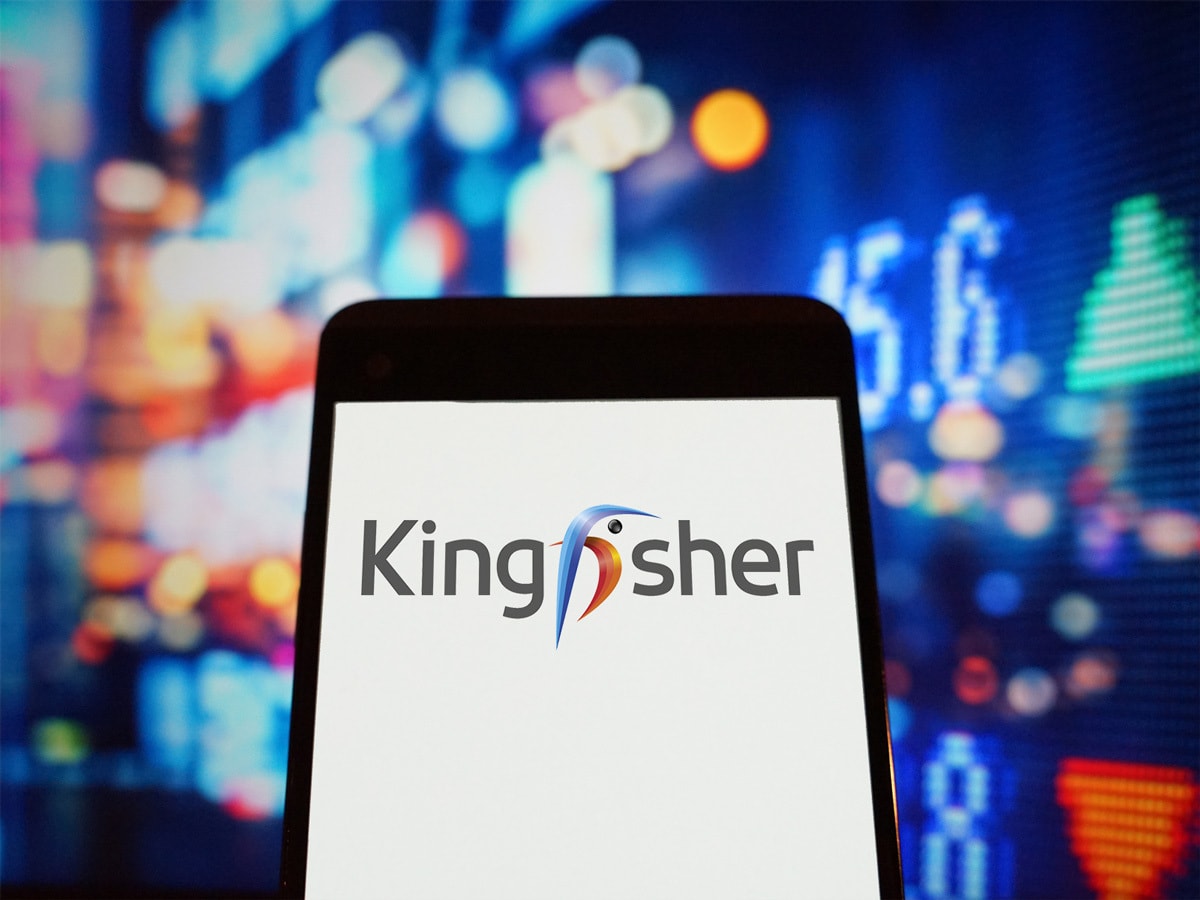Kingfisher [KGF] shares have traded sideways since the company’s first quarter-earnings update in May, though have slightly recovered some losses since the start of September. As the UK home improvement retailer prepares to report its first-half results on Tuesday 20 September, analysts are uncertain whether the company will be able to maintain sales growth amid rising inflation, which has triggered a slowdown in consumer spending.
Kingfisher’s business had benefited from a rise in DIY and home improvement projects during Covid-19 lockdown periods, but has since faced difficulties due to rising raw material costs and supply chain disruption. As a result of these pressures, the Kingfisher share price is down 23.9% in the year to 15 September.
Kingfisher’s stock briefly traded at its lowest level since July 2020 earlier this month. The shares reached a 52-week low of 227.3p on 5 September, but have since regained 9.4%, to close at 248.7p 10 days later. Chief market analyst Michael Hewson said the shares “have since recovered some ground on the back of the recently announced energy price package that was announced by the UK government”.
Q1 sales top pre-pandemic figures
On 23 May, Kingfisher released its trading update for the three months to 30 April. The company announced that its sales performance was “significantly ahead of pre-pandemic performance”. The company operates roughly 1,500 stores in nine European countries, including its UK operations and Castorama stores in France and Poland. Total group sales were 16.2% higher than three years earlier, helped by “strong market share gains”.
However, like-for-like sales for the group fell by 5.8% to £3.25bn. “This was much better than the -8.1% predicted,” Hewson said, though he points out that “a lot of the outperformance was due to a strong performance from its Poland operation, which saw a 50% rise in sales”. He added: “Expectations in Q1 were quite low given the tougher comparatives from the year before.”
Kingfisher said it had seen resilient demand from both DIY and DIFM (‘do it for me’) and trade segments. E-commerce sales had also grown 164% over the past three years to account for 16% of sales in Q1. For the full year, it anticipated adjusted pre-tax profits of around £770m.
The retail group hinted positive performance could continue into the second quarter of the year, with sales for the first two weeks of May up more than 20% compared with the same period in 2019.
Kingfisher also announced a £300bn share buyback following the May results, the initial tranche of which was completed in July.
The Q1 results were largely well received by investors, with the Kingfisher share price rising 2.2% the day after the announcement and 7.7% over the course of the week that followed.
Consumer spending slowdown dents DIY demand
While the most recent earnings update offered an optimistic outlook, analysts are uncertain about what to expect from the upcoming announcement.
Hargreaves Lansdown analyst Susannah Streeter recently noted that Kingfisher “had been hammering out a resilient performance despite supply chain problems, which have hit the sector, with product availability [now] improving on shelves”.
But as consumer spending slows and the DIY market enters shakier territory, the question is whether Kingfisher can replicate recent results.
In July, rival Wickes [WIX] reported its half-year 2022-23 figures, with year-on-year sales down 5.5%, after a strong growth period, suggesting the pandemic halo effect on home improvement retailers is fading.
“That is very much the story within the DIY market, as retailers struggle to maintain the sales growth they saw over the lockdown periods (although sales remain above pre-Covid levels)”, GlobalData analyst Vanish Nesarajan wrote in July, when Wickes made the announcement.
Initiatives that might help Kingfisher’s performance over Wickes, hinted Nesarajan, include Screwfix Sprint, where shoppers and traders can get certain items delivered within a one-hour window.
At MarketBeat, the consensus among six analysts is to ‘hold’ Kingfisher stock. A median price target of 275p would represent a 10.6% upside on its 15 September closing price, but is still well below its 52-week high of 375.2p.
Disclaimer: CMC Markets is an execution-only service provider. The material (whether or not it states any opinions) is for general information purposes only, and does not take into account your personal circumstances or objectives. Nothing in this material is (or should be considered to be) financial, investment or other advice on which reliance should be placed. No opinion given in the material constitutes a recommendation by CMC Markets or the author that any particular investment, security, transaction or investment strategy is suitable for any specific person. The material has not been prepared in accordance with legal requirements designed to promote the independence of investment research. Although we are not specifically prevented from dealing before providing this material, we do not seek to take advantage of the material prior to its dissemination.







